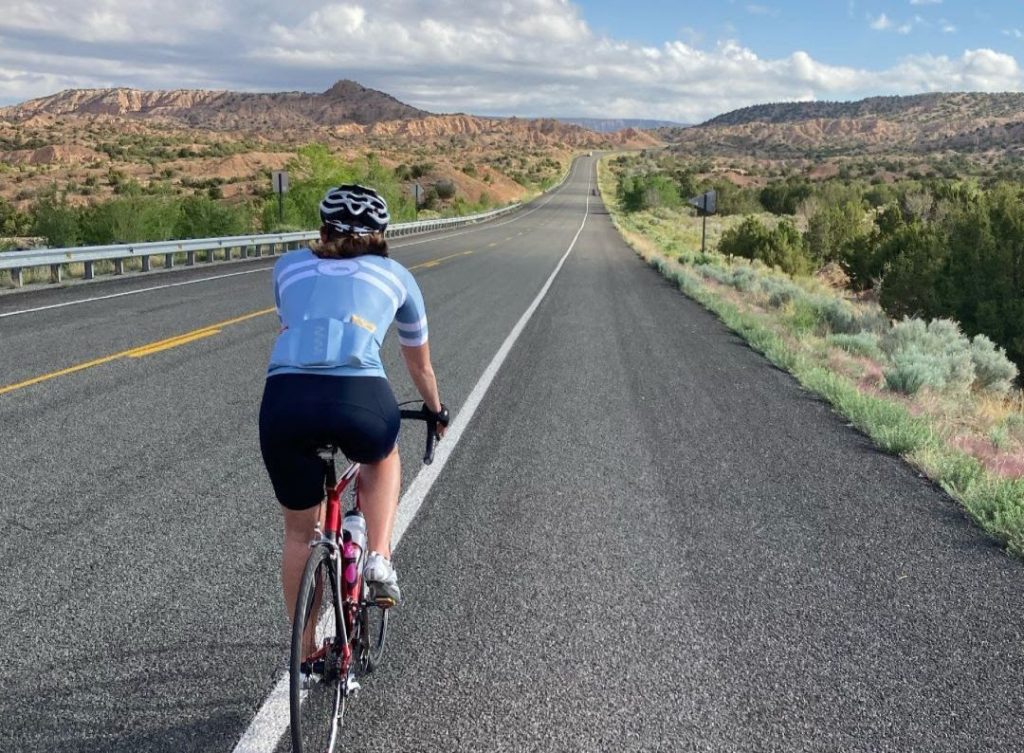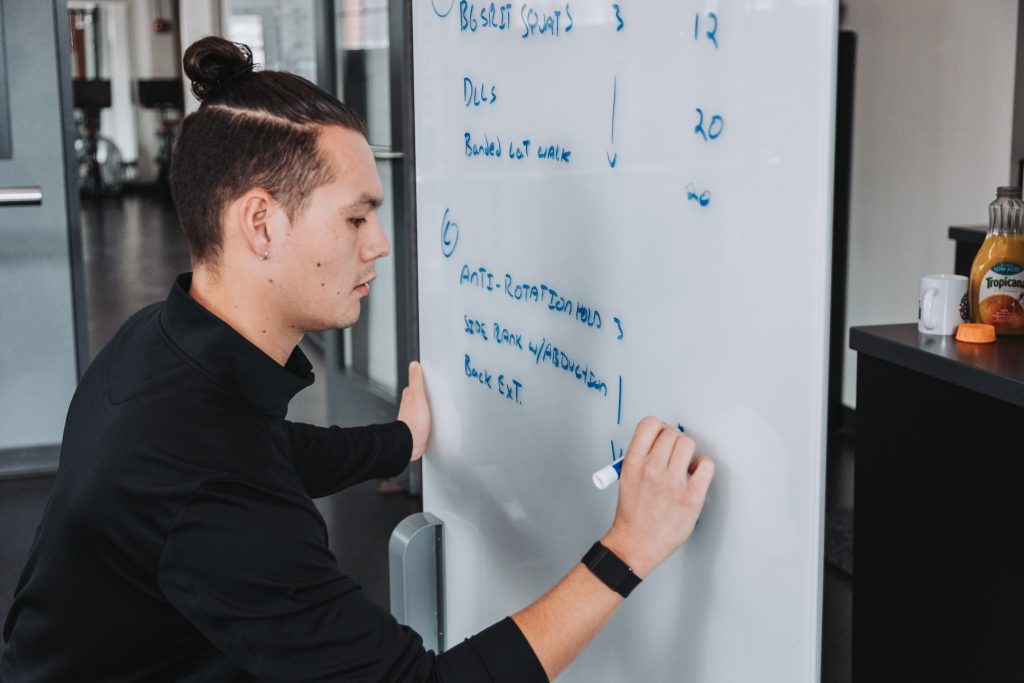Words by Coach Carson McQuarrie
Coach Carson is a dedicated athlete and coach who specializes in cycling, strength and conditioning, and plant-based nutrition. For more information on Carson’s coaching services, or to schedule a coaching consultation with him click below.
Have you ever purchased a training plan or a specific number of one-on-one sessions with a coach with the hopes of achieving a goal only to feel something was missing throughout the process? Have you ever purchased a gym membership only to feel overwhelmed wishing you had the right guidance and support? You are unique and no matter whether you’re starting your health and exercise journey or you’re an elite athlete I am confident that having the right guidance and support can be the critical difference between staying where you’re at and continuing to progress towards your goals and ultimately achieving them. In this article, I’m going to unpack some of the spoken and unspoken roles of a vested coach that are important to your success in achieving your goals whether far or near, big or small.
Expert Guidance
Coaches often have a wide breadth of experiences and knowledge from their years of exercise in a particular sport or activity and some have been life-long athletes. Some coaches have taken numerous certifications and have degrees in related areas of study. Coaches typically aren’t researchers, however, they are still most often a reliable source of scientific principles in workout prescription, periodization, and analysis. They are sometimes reliable sources of expertise in other physical modalities, and sometimes sports and public health nutrition. The following is a list of some areas coaches may have knowledge, skills, and experience in:
- Specific sport activity
- Power-based workout prescription and analysis
- Heart rate-based workout prescription and analysis
- Endurance sports periodization
- Power sports periodization
- Speed and agility periodization
- Mobility analysis and prescription
- Body movement analysis
- Corrective exercise prescription
- Hydration and sweat rate science
- Weight lifting prescription and periodization
- Sports nutrition and periodization
- Public health nutrition
- Human anatomy and metabolism
- Human sports physiology
Coaches have an intrinsic desire to draw on these experiences and learned pieces of knowledge to inform their coaching practice, however, similar to no two athletes are alike, no two coaches are alike. For example, regarding the analysis of workouts, coaches may yield similar conclusions but how they use that information to guide their athlete forward may be different. It is in your best interest to find a coach that meets your knowledge and experiential qualifications and has a coaching philosophy that resonates with you.
Emotional Support
Most coaches began considering offering coaching services because of their knowledge or experiential expertise. The additional and equally important aspects of coaching are the soft skills a coach must draw upon to support and guide their athletes on their journey. The importance of this aspect very often gets overlooked by coaches and athletes alike during the orientation process, or thereafter, only for the athlete to realize it’s not a healthy and supportive match. It is important for the coach and athlete to be on the same page from the start of the first meeting all the way to achieving the athlete’s important goals and beyond. This requires mutual respect and transparent communication as cornerstones of a coach-athlete relationship.
A great coach will set this as a precedent from the start and possess the following qualities to foster an athlete’s growth and a productive coach-athlete relationship:
- Visionary
- Optimism
- Communicative
- Exemplary
- Attentive listener
- Objective
- Realistic
- Balanced/Fair
- Firm
- Flexible
- Situational Awareness
- Motivational
Long-Term Development
A coach is exemplary when they blend their learned hard skills with their soft skills of emotional support to bring out the best in their athletes in an effort to create new goals for themselves and continue working towards them. This speaks to the primary goal of any coach which is to consistently provide a service that shows an athlete the path to their goals, to the best of a coaches’ relevant expertise. While a coaches’ intention is to guide an athlete towards their definition of success, is it also the responsibility of the athlete to show up and rely on their coaches’ guidance and support.
People seek out a coach because they desire to change an aspect of their life in a positive way. The process of identifying an area of desired improvement, and reaching out for guidance and support, is in every way admirable. Where athletes (and coaches) seem to lose sight of what will help them achieve their goals and continue ongoing growth is the realization that working with a coach is both a partnership and relationship. The very premise of a relationship is that it’s built on the acceptance that it’s ongoing and not a one-and-done deal. This means for athletes (and coaches) any services that offer a short-term or finite package are inherently not respecting the athlete’s potential.
An athlete will be served best with a service provided by a coach that contains the following components:
- Monthly, or some variation of an ongoing relationship
- Unlimited communication
- Multiple streams of communication (instant messaging, email, phone, video call)
- In-advance program/workout planning
- Objective and science-based
The growth that can occur in an athlete when working with a coach can be profound and last a lifetime. The growth that accompanies the process of achieving goals is where a coaches true value lies. To take full advantage of the coach-athlete relationship it’s beneficial for the athlete and coach to shift focus from finite outcome-oriented goals to an approach that values process-oriented goals and relationship building over all else.




